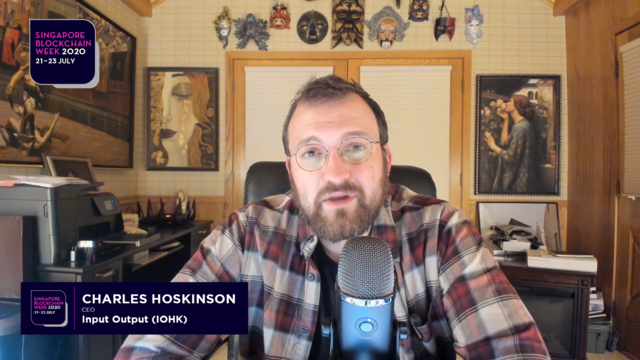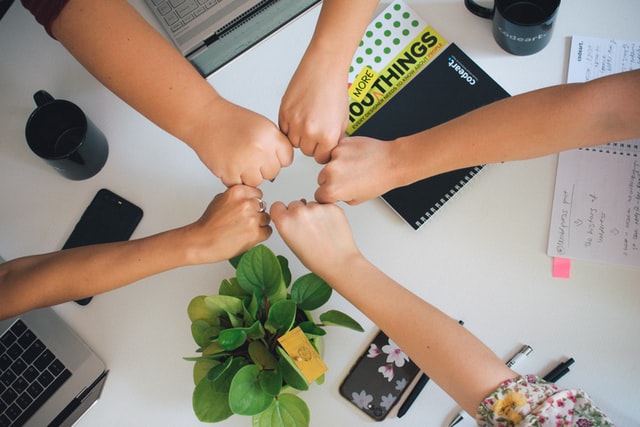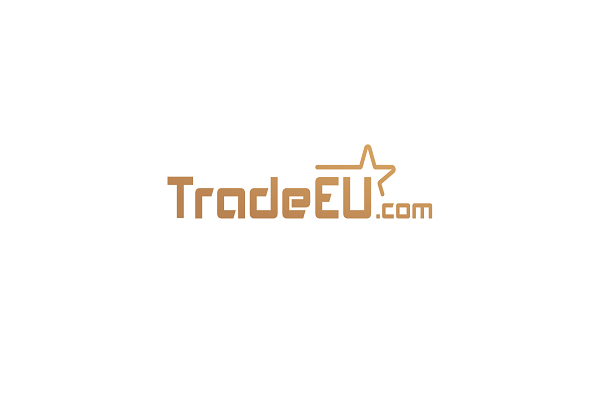
Charles Hoskinson is known in the crypto space as a tech pioneer who co-founded Ethereum and later on created his own project under the name of Cardano (ADA). He is currently the CEO of Input Output (IOHK).
Hoskinson had the opportunity to watch Bitcoin and the blockchain revolution grow from a small group of cyberpunks and libertarian geeks to a professional industry with real companies that now contribute to the overall development of the society.
He raised examples of supply chain management, medical records, identity & property rights, data privacy, and the transfer of value as things blockchain technology has brought improvements upon.

“People who come to the space are mostly unhappy with the way things work and want to change it by removing middlemen,” the tech pioneer added.
Looking back to 2009, Hoskinson noted that “more than a decade has passed and yet certain things have gotten worse even though technology continues to advance.”
He furthers explained that at the moment, humanity is living in an age where there exists the most technological advancements but somehow we still have an obsolete voting system and more than 3 billion people still remain unbanked. These people therefore have “no economic identity.”
While humanity is capable of solving all these problems as we have already met all the technological requirements, the biggest hurdle is still a matter of trust. Despite the fact that the tech is getting better, we still lack the ability to coordinate, cooperate, and trust each other to the extent of a “greater good.”
“How to distribute vaccines efficiently or how to deal with the next pandemic beyond COVID-19, we need to reevaluate the system that we live in and how we work together in one global society,” Hoskinson emphasized.

Blockchain will bring new options to everyone. Perhaps with the help of this technology, people can do things a bit differently and trust each other, giving power back to the individual level in terms of controlling money, data and privacy and still beingl able to work together to achieve a common collective goal.
Hoskinson mentioned that he spent a lot of time in Africa with the IOHK company. “It’s the most exciting young market,” he said. The economy in Africa is growing faster than most nations. By the year 2050, the continent will be an economic powerhouse who can match those of the EU, USA, and China.
“In Ethiopia, 70% of the population is at or under the age of 30, many of them are online and looking for change on how things work.” Therefore, they are looking for ways to change things in ways Western countries might never have tried before. Young generations in these African countries will try to create an entirely new system that is fair for everyone.
The blockchain entrepreneur also raised an interesting metaphor: “Each and every blockchain project is akin to a brick on a very large wall. No one brick makes a wall, but when you put enough of them there, eventually you will have one.”
Hence a single idea or protocol cannot change the world, but rather the aggregate collection of these things working together across the world without borders can.

Looking into the next decade to come, Hoskinson imagines people will be able to vote through their phones, or a universal wallet which can pay in any currency the user desires, and the merchant will receive the payment in the form they need.
The financial world will be vastly different from what we used to know. It will start converging into an interconnected platform and “financial stemcells” will allow all assets to transform and transfer seamlessly, thus building more liquidity to the world economy.
“Every protocol that the crypto industry leaders are building such as IOTA, ETH, and EOS shared the same goal,” Hoskinson said. “To be open and allow people to use them to unleash and unlock their power of creativity,” he concluded.
Cover photo courtesy: Singapore Blockchain Week 2020
You may also want to read: An Interview with Aleph Zero’s Matthew Niemerg: Improving on Blockchain


